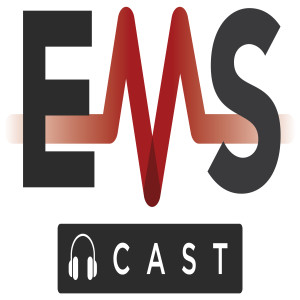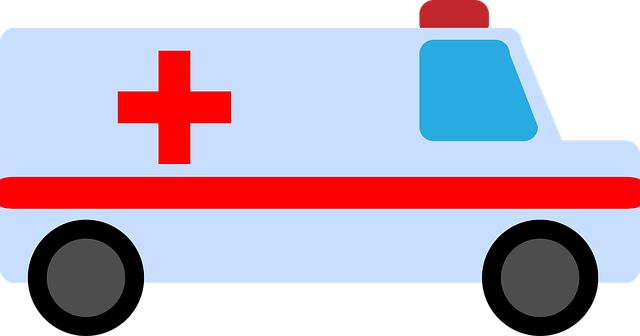Episodes

Thursday Feb 01, 2024
Thursday Feb 01, 2024
Overcoming Fear in Neonatal Resuscitation: A Step-by-Step Guide
Blog post: Neonatal Resuscitation
Introduction:
Welcome to another episode of EMScast, where high-level education meets real-world emergency medical scenarios. Today, we have Dr. Avery MacKenzie, an ER physician from Southwest Colorado, joining us to discuss a topic that often induces stress – neonatal resuscitation. Dr. MacKenzie shares her experiences and insights into handling neonatal emergencies in rural settings.
Summary:
Dr. MacKenzie opens the episode by acknowledging the inherent fear associated with neonatal resuscitation, especially in rural emergency departments where one might be the sole provider. She emphasizes that despite the fear, the process is not hard, and providers already possess the necessary skills.
Key Takeaways:
1. **Facing the Fear:**
- Dr. MacKenzie encourages listeners to remember that while neonatal resuscitation may seem intimidating, the skills required are well within their expertise.
2. **Algorithm Overview:**
- The neonatal resuscitation algorithm is simplified into manageable steps, beginning with stimulating, warming, and drying the baby for the first 30 seconds.
- The next 30 seconds involve providing positive pressure ventilation to initiate breathing.
- Monitoring the heart rate is crucial, and if it remains below 100, providers should focus on correcting ventilation strategies.
3. **Initial Assessment:**
- Dr. MacKenzie introduces a simple three-question assessment for determining the need for resuscitation: term gestation, good muscle tone, and respiratory effort.
4. **Positive Pressure Ventilation:**
- The trigger for initiating positive pressure ventilation is if the heart rate is less than 100 or the baby is apneic or gasping.
- The emphasis is on adequate ventilation, and adjustments, such as using the MR. SOPA mnemonic, can be made to improve ventilation.
5. **Advanced Airway Considerations:**
- While advanced airways, such as intubation, are possible, Dr. MacKenzie highlights that pre-hospital protocols may favor supraglottic airways due to the challenging nature of neonatal intubation and the need to limit pauses in oxygenation and respiratory support.
6. **Continued Support:**
- The algorithm emphasizes a continuous loop of assessment, correction, and reassessment, with the goal of maintaining the baby's heart rate above 100.
Conclusion:
Dr. MacKenzie wraps up the episode by reassuring providers that familiarity with the neonatal resuscitation algorithm and periodic mental reviews can alleviate the fear associated with these critical situations. The key is to focus on what providers already know and apply those skills with confidence.


Comments (0)
To leave or reply to comments, please download free Podbean or
No Comments
To leave or reply to comments,
please download free Podbean App.